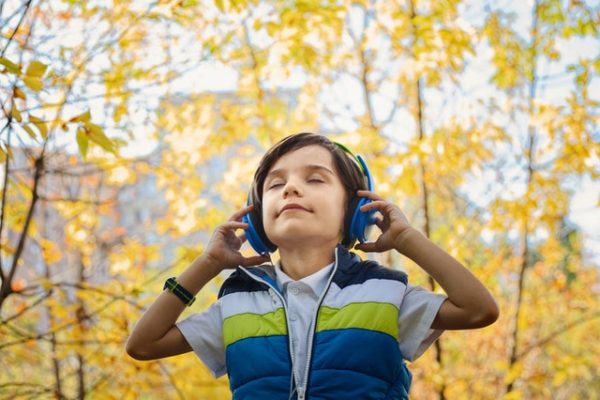Human society is riddled with sounds, both natural and man-made. While some sounds are safe, others can damage your hearing in a process known as noise-induced hearing loss (NIHL). Hearing loss is not restricted to a specific age group, and can happen to anybody. This damage can occur over time, and you must stay on your guard to protect your hearing.

When Does Sound Become Harmful?
If you have to raise your voice for someone that is not far from you to hear you, then the noise in your area is too much. When measured in decibels (dB) – the unit of measurement of sound – any sound that is 85 dB or more can damage your hearing. This is especially true when you are exposed for a prolonged period. In other words, the louder the sound and the longer you listen to it, the faster and more easily it can damage your hearing.
How Can You Protect Your Hearing?
Once your hearing is damaged, you cannot get it back. As a result, the goal should be to avoid having your hearing damaged. There are specific strategies you can employ to do this; some of them are:
Keeping Sounds at Low Volume
Keep the volume of your devices, sound system, and electronics at a low level. While headphones can block out the sounds in your surroundings, your ears can not. Avoid playing sounds with your headphones at above 60% volume for longer than 60 minutes in one day. If you are not wearing headphones and the noise on your appliances is drowning out your voice, turn down the volume.
Using Ear Protection
When you are around a loud sound, ensure you wear ear protection that blocks it out effectively. Some places with loud noises are factories, shooting ranges, and construction sites. Making use of shooting hearing protection is always a great way to protect your hearing. Moreover, never visit these locations without some form of ear protection at hand.
Allow Your Ears Enough Time to Recover
If you expose your ears to loud sounds for an extended period, it is vital that you rest your ears. You can step outside for five minutes occasionally to allow them to recover from loud noises.
Stop Using Cotton Swabs for Your Ears
While people commonly use cotton swabs to clean their ears, it is not ideal. The reason for this is that dirt in the ear is normal and serves a vital purpose. Inserting cotton swabs (and any other item) into your ears disrupts this and should be avoided. You can consider using other home remedies to clean your ear.
Know Your Limits
The louder the sound, the less exposure you need to be affected. Do the best you can to avoid exposure to loud sounds. If it can’t be helped, endeavor to take a break when it becomes unbearable, all while using hearing protection.
Endnote
Protecting your hearing in your homestead requires keeping the volume low and using ear protections. Also, know your limits and allow your ears enough time to recover. By adhering to these strategies, you will be doing yourself a favor and preventing hearing loss due to noise in your homestead.


